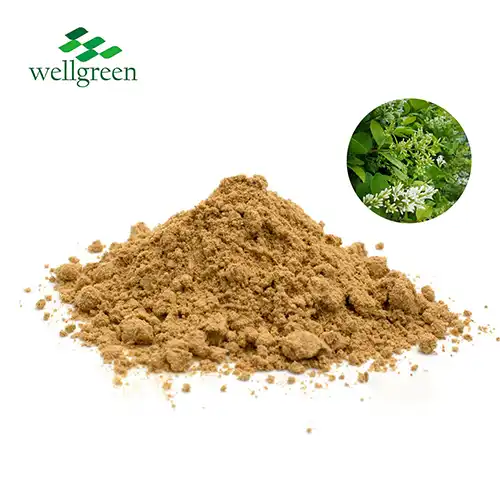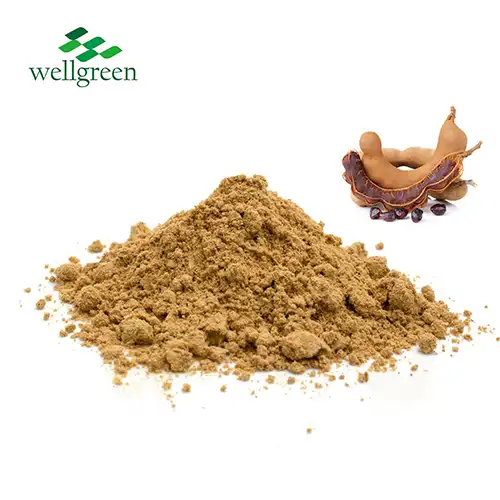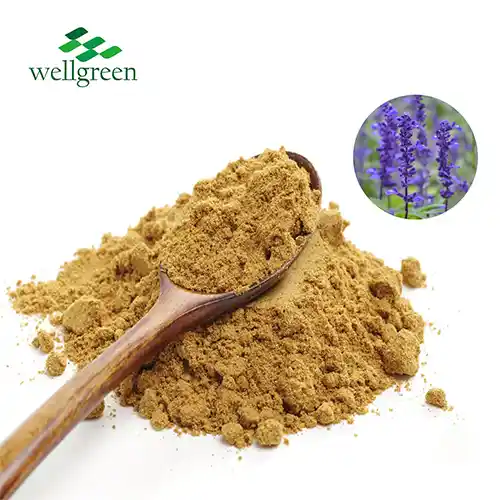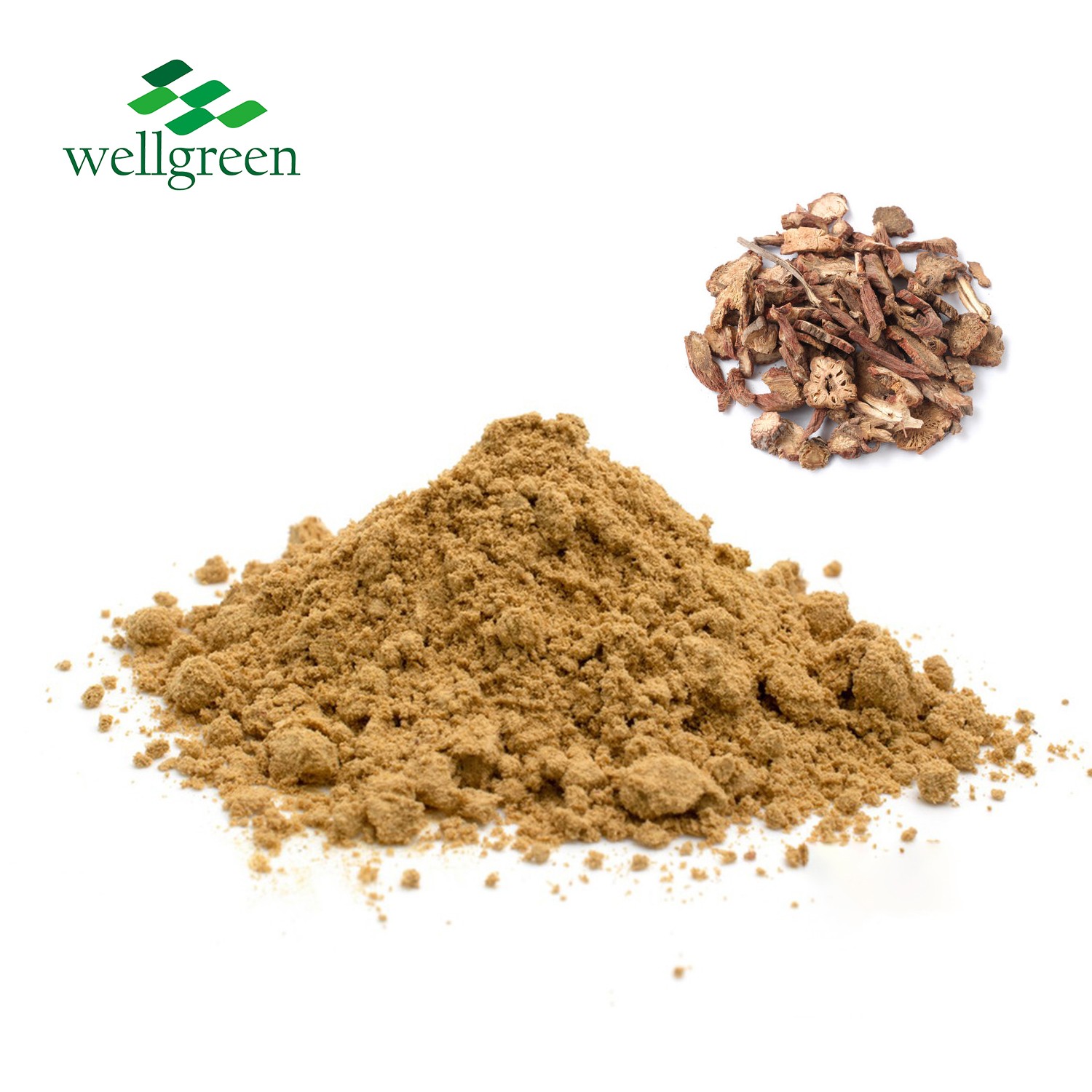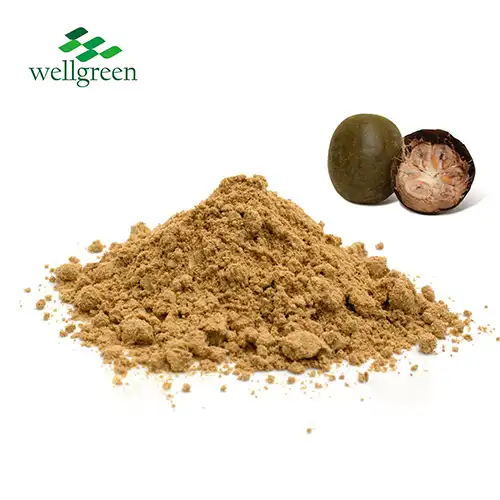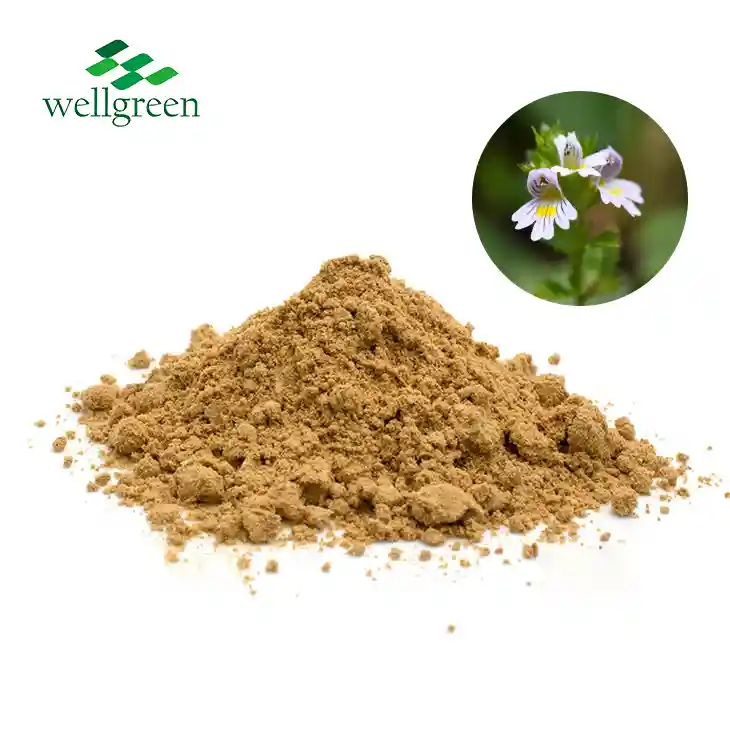Is Organic Sea Buckthorn Powder Safe to Consume?
2025-05-16 13:52:04
Organic sea buckthorn powder is generally safe for most people to consume when used as directed. This nutrient-dense superfood, derived from the berries of the sea buckthorn plant, offers a wide array of potential health benefits due to its rich content of vitamins, minerals, and antioxidants. However, as with any dietary supplement, it's essential to consider individual health conditions and potential interactions. While organic sea buckthorn powder is well-tolerated by many, some individuals may experience mild side effects or allergic reactions. It's always advisable to consult with a healthcare professional before adding any new supplement to your diet, especially if you have pre-existing health conditions or are taking medications.
Nutritional Profile and Key Bioactive Compounds in Sea Buckthorn Powder
Vitamin and Mineral Content
Sea buckthorn powder is a nutritional powerhouse, packed with an impressive array of vitamins and minerals. It's particularly rich in vitamin C, containing up to 12 times more than oranges. This high vitamin C content contributes to its potent antioxidant properties and immune-boosting effects. The powder also contains significant amounts of vitamins A, E, and K, as well as B-complex vitamins. Mineral-wise, sea buckthorn powder is a good source of potassium, calcium, magnesium, iron, and phosphorus, all of which play crucial roles in various bodily functions.
Unique Fatty Acid Profile
One of the most remarkable aspects of sea buckthorn powder, especially organic sea buckthorn juice powder, is its unique fatty acid composition. It's one of the few plant sources that contain all four omega fatty acids: omega-3, omega-6, omega-7, and omega-9. The presence of omega-7 fatty acid, also known as palmitoleic acid, is particularly noteworthy as it's rarely found in the plant kingdom. These fatty acids contribute to sea buckthorn's potential benefits for skin health, cardiovascular function, and inflammation reduction.
Powerful Antioxidants and Phytochemicals
Organic sea buckthorn powder is teeming with antioxidants and phytochemicals that contribute to its health-promoting properties. It contains high levels of flavonoids, including quercetin, kaempferol, and isorhamnetin, which have been studied for their anti-inflammatory and cardioprotective effects. The powder also boasts a rich carotenoid profile, including beta-carotene, lycopene, and zeaxanthin, which support eye health and may offer protection against certain types of cancer. Additionally, sea buckthorn powder contains unique plant compounds like hippophae, which has been associated with potential anti-tumor properties.

Potential Allergens and Side Effects: Who Should Exercise Caution?
Allergic Reactions and Sensitivities
While allergic reactions to sea buckthorn powder are rare, they can occur in some individuals. People with known allergies to plants in the Elaeagnaceae family, which includes sea buckthorn, should be cautious. Symptoms of an allergic reaction may include itching, rash, swelling, or difficulty breathing. If you experience any of these symptoms after consuming sea buckthorn powder, discontinue use immediately and seek medical attention. It's always wise to start with a small amount when trying any new supplement to test for potential sensitivities.
Interactions with Medications
Sea buckthorn powder may interact with certain medications, particularly those affecting blood clotting or blood sugar levels. The high vitamin K content in sea buckthorn can potentially interfere with blood-thinning medications like warfarin. Additionally, due to its potential to lower blood sugar, individuals taking diabetes medications should monitor their blood glucose levels closely when using sea buckthorn powder. It's crucial to consult with a healthcare provider before incorporating sea buckthorn powder into your diet if you're taking any medications.
Precautions for Specific Health Conditions
Certain health conditions may warrant extra caution when consuming sea buckthorn powder. Individuals with bleeding disorders should be aware that sea buckthorn may have blood-thinning effects. Those with low blood pressure should monitor their blood pressure levels, as sea buckthorn may further lower it. Pregnant and breastfeeding women should consult their healthcare provider before using sea buckthorn powder, as its safety in these populations hasn't been thoroughly studied. People with liver or kidney disease should also seek medical advice before using sea buckthorn supplements, as these organs are involved in processing and eliminating substances from the body.
Scientific Evidence on Long-Term Consumption and Regulatory Guidelines
Clinical Studies and Research Findings
Scientific research on the long-term consumption of sea buckthorn powder is still evolving, but existing studies show promising results. Several clinical trials have investigated the effects of sea buckthorn on various health aspects. A study published in the Journal of Nutritional Science found that long-term consumption of sea buckthorn oil improved markers of liver function and cardiovascular health. Another research published in the European Journal of Clinical Nutrition demonstrated that regular intake of sea buckthorn berries or extracts could positively influence blood lipid profiles. However, more extensive, long-term human studies are needed to fully understand the effects of prolonged sea buckthorn powder consumption.
Regulatory Status and Safety Assessments
The regulatory status of sea buckthorn powder varies across different regions. In the United States, sea buckthorn is generally recognized as safe (GRAS) by the Food and Drug Administration (FDA) when used as a food ingredient. The European Food Safety Authority (EFSA) has also evaluated sea buckthorn and found no safety concerns for its use in food supplements at the recommended doses. However, it's important to note that dietary supplements, including sea buckthorn powder, are not as strictly regulated as pharmaceuticals. This underscores the importance of choosing high-quality, organic sea buckthorn powder from reputable sources.
Recommended Dosage and Consumption Guidelines
While there's no universally established recommended daily allowance for sea buckthorn powder, most studies have used doses ranging from 5 to 45 grams per day without reporting significant adverse effects. However, the optimal dosage may vary depending on factors such as age, health status, and specific health goals. It's generally advisable to start with a lower dose and gradually increase it while monitoring for any potential side effects. As a general guideline, 1-2 teaspoons of organic sea buckthorn powder daily is often recommended for maintenance purposes. However, it's crucial to follow the dosage instructions provided by the manufacturer or as advised by a healthcare professional.
Conclusion
Organic sea buckthorn powder is a nutrient-dense supplement that offers numerous potential health benefits. While it's generally safe for most people when consumed in appropriate amounts, individual factors such as allergies, medications, and health conditions should be considered. The rich nutritional profile, including vitamins, minerals, fatty acids, and antioxidants, makes sea buckthorn powder a valuable addition to a balanced diet. However, as with any supplement, it's crucial to approach its use mindfully, start with small doses, and consult with a healthcare professional, especially if you have pre-existing health concerns.
Contact Us
Are you interested in high-quality organic sea buckthorn powder for your health or product formulations? Contact Xi'an Wellgreen at wgt@allwellcn.com for more information on our premium, organic sea buckthorn powder and other natural plant extracts.
References
1. Zielińska, A., & Nowak, I. (2017). Abundance of active ingredients in sea-buckthorn oil. Lipids in Health and Disease, 16(1), 95.
2. Suryakumar, G., & Gupta, A. (2011). Medicinal and therapeutic potential of Sea buckthorn (Hippophae rhamnoides L.). Journal of Ethnopharmacology, 138(2), 268-278.
3. Larmo, P. S., et al. (2013). Effects of sea buckthorn oil intake on vaginal atrophy in postmenopausal women: A randomized, double-blind, placebo-controlled study. Maturitas, 79(3), 316-321.
4. Guo, R., et al. (2017). Botany, phytochemistry, pharmacology and potential application of Hippophae rhamnoides L.: A review. Journal of Ethnopharmacology, 203, 127-152.
5. Olas, B. (2018). The beneficial health aspects of sea buckthorn (Elaeagnus rhamnoides (L.) A. Nelson) oil. Journal of Ethnopharmacology, 213, 183-190.
6. Bal, L. M., et al. (2011). Sea buckthorn berries: A potential source of valuable nutrients for nutraceuticals and cosmoceuticals. Food Research International, 44(7), 1718-1727.

